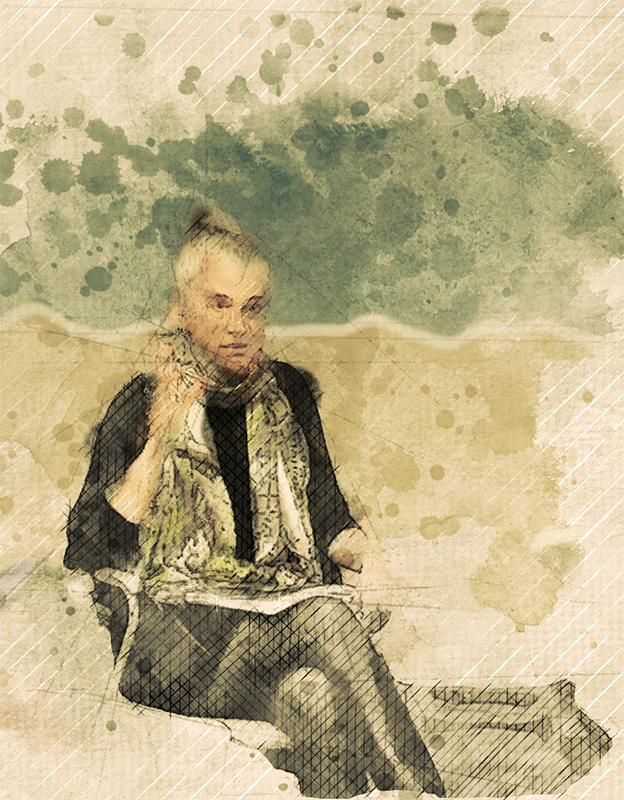n these pages I analyze cinematic responses to speculation over and the spectrality of European identity in the post-Soviet era by showing how filmmakers–better than politicians and political commentators—have been able to engage and understand the recent reconceptualization of Europe’s borders, mythic figures, and identity paradoxes. More than a deconstruction of Europe’s appropriation of uncertain boundaries, mythopoetic cinema is about crossing borders (historical, ethnic, national, religious) to engage both contaminations of identities, cultures, and ideologies and the line between the real, the historical, and the imaginary. [These] films, Sokurov’s Russian Ark or Godard’s Notre Musique, are not returns to some epic myth that gives rise to a cultural or national identity but only the citation, referencing, and parody of such nostalgic longings—repetitions that pay no reverence to the ‘original’.”
riss Ravetto-Biagioli is Professor of Cinema & digital Media at UC Davis. She is a film and media scholar whose work focuses on representations and theorizations of violence in film, media, and social media. She has worked on the question of nation building, ethnocentrism and sexual violence in the Balkans and Eastern Europe; Nazism, Fascism and the Holocaust; Surveillance and social media; Digital art and experimental cinema and the uncanny; and the emergence of new forms of politics through social media.
She is the author of The Unmaking of Fascist Aesthetics (Minneapolis, University of Minnesota Press, 2001), Mythopoetic Cinema: On the Ruins of European Identity (Columbia University Press, 2017), and is currently working on a new book project entitled Digital Uncanny (forthcoming from Oxford University Press) that examines how digital technologies, particularly software systems working through massive amount of data, are transforming the meaning of the uncanny that Freud tied to a return of repressed memories, desires, and experiences to their anticipation.
She has published articles on film, performance, installation art, new media, and the hacker group Anonymous in Camera Obscura, Film Quarterly, LEA, PAJ, Represent
CONVERSATION PODCAST AND MATERIALS

